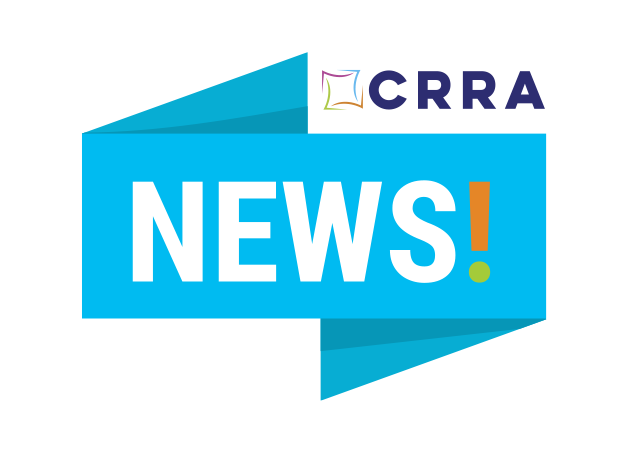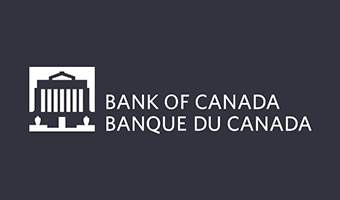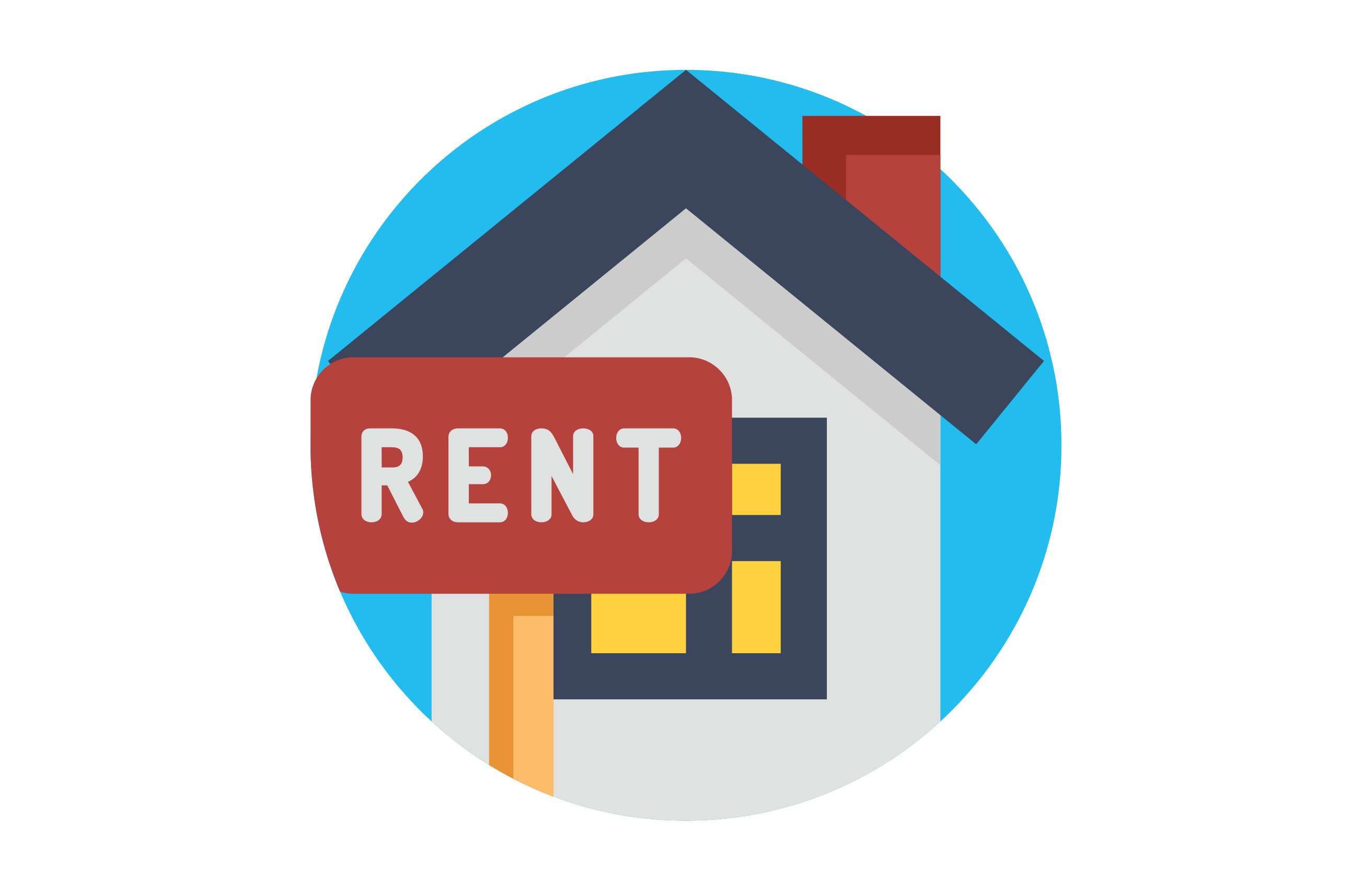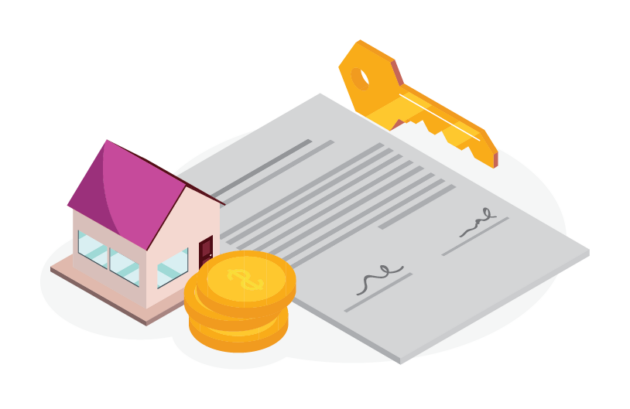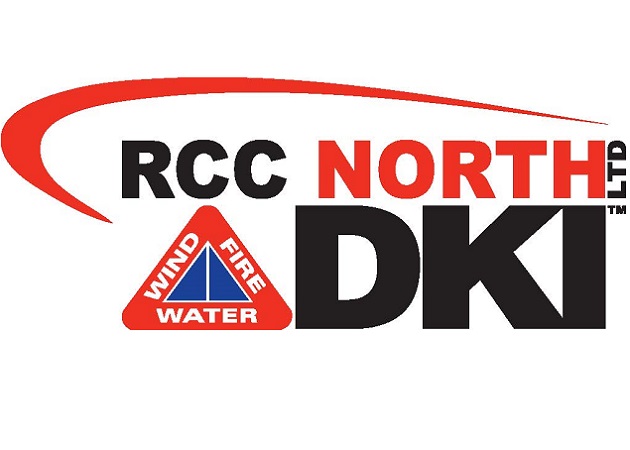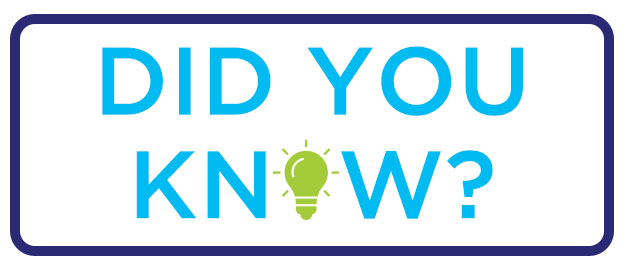One-time renter payment coming to Canada
The federal government has proposed several new measures to help make life more affordable for Canadians, including providing a one-time renter payment of $500 to an estimated 1.8 million people struggling to pay rent. According to a recent update from the Department of Finance Canada, the new plan will double the federal government’s Budget 2022 commitment and reach twice as many Canadians as initially promised.
This benefit is in addition to the Canada Housing Benefit currently co-funded and delivered by the individual provinces and territories. If passed, the payment will be available to applicants with an adjusted net income below $35,000 for families, or below $20,000 for individuals who pay at least 30 per cent of their income on rent.
Representatives of the rental housing industry have reacted favourably to the announcement so far, with advocacy groups such as the Federation of Rental Housing Providers of Ontario (FRPO) and the Canadian Federation of Apartment Associations (CFAA) having long advocated for a plan that links housing benefits directly with people rather than units.
“As the housing crisis continues and inflation makes life more unaffordable for many, we need solutions [like this] that work for all,” said Tony Irwin, FRPO President and CEO. “Let’s continue to work together to make sure that everyone can find a safe, affordable home in our community.”
Payment details
As per the federal government’s recent announcement, the program will consist of a single tax-free payment of $500 that would be paid directly to low-income renters—those most exposed to inflation and experiencing housing affordability challenges. Issued by the end of the year pending parliamentary approval, the payment would be available to renters with adjusted net incomes below $35,000 for families, or $20,000 for individuals. The Canada Revenue Agency (CRA) would deliver the money through an attestation-based application process.
To determine eligibility, the CRA would proceed with an up-front verification of the applicant’s income, age, and residency for tax purposes, and applicants would need to have filed their 2021 tax return, attesting that they:
- are paying at least 30 per cent of their adjusted net income on shelter;
- are paying rent for their own primary residence in Canada, which would include the address of the rental property, the amount of the rent paid in 2022, and the landlord’s contact information; and
- consent to the Canada Revenue Agency verifying their information to confirm eligibility.
The government says the one-time top-up would not reduce other federal income-tested benefits, such as the Canada Workers Benefit, the Canada Child Benefit, the Goods and Services Tax Credit, and the Guaranteed Income Supplement.
The 1.8 million low-income renters eligible to receive the benefit includes post-secondary students who are also struggling to pay rent. In total, Canada estimates the program will amount to $1.2 billion, of which $475 million was previously committed to in Budget 2022.
Wider plan
Helping renters pay their rent is part of a wider plan by the federal government to make housing more affordable in Canada. Other steps put forth in recent months include measures intended to double housing construction over the next decade; help Canadians save for and buy their first home; and ban foreign ownership and curb speculation, which the government says both add to rising housing prices.
“From helping families pay rent to making sure people can afford the dental care they need and putting hundreds of dollars back in the pockets of Canadians, this suite of new measures will support families who need it the most, when they need it the most,” said Prime Minister Trudeau. “As we head into a new Parliamentary sitting, we are working hard to continue delivering results for the middle class and those working hard to join it.”
Further addressing affordability, the government says it will be doubling the Goods and Services Tax Credit (GSTC) for six months to amp up support for the roughly 11 million individuals and families who receive the tax credit, and providing a Canada Dental Benefit to children under 12 without dental insurance via direct payments of up to $1,300 per child.
Broader measures include:
-
- Enhancing the Canada Workers Benefit at a cost of $1.7 billion in new support for an estimated three million low-income workers this year, with a couple receiving up to $2,400 more and single workers receiving up to $1,200 more. (Most recipients first received this additional support through their 2021 tax refund);
- Cutting regulated child care fees in half on average for families in Canada by the end of this year;
- A 10 per cent increase to the Old Age Security (OAS) pension for seniors 75 years and older, which began in July 2022, and will provide more than $800 in new support to full pensioners and increase the number of beneficiaries by more than three million seniors;
- Providing more support for students by doubling the Canada Student Grant amount until July 2023 and by waiving interest on Canada Student Loans through to March 2023.
For more info on Canada’s proposed one-time renter payment, visit: Making Housing More Affordable: One-time top-up to the Canada Housing Benefit program – Canada.ca

